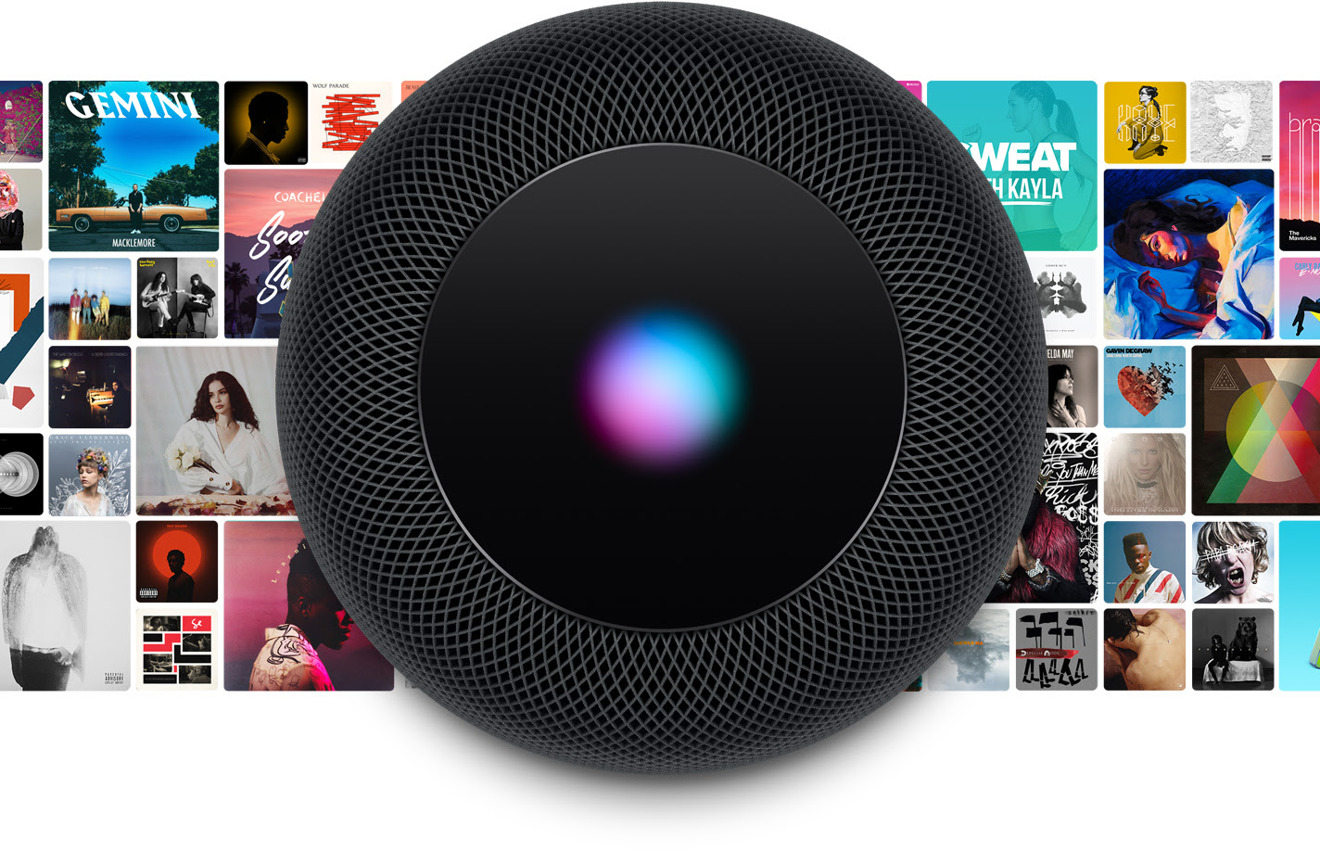The record industry grew 8.5 percent in 2017, hitting $17.4 billion in revenues — much if not all of that being attributable to on-demand streaming services such as Apple Music.
The streaming sector grew 39 percent — about $2.1 billion — year-over-year to $7.4 billion, accounting for 43 percent of all industry revenues, according to MIDiA Research data. At the same time, "legacy" formats including both downloads and physical media declined by $783 million.
The greatest driving force in streaming is likely Spotify, as the world's biggest on-demand music service. The company launched in 2008 and has over 159 million active listeners, some 71 million of those paid Premium customers.
Apple Music has over 40 million subscribers, and could be poised to eclipse Spotify in the U.S. but is still racing to catch up. Part of the problem is that while Apple Music is technically available on Android and Windows, its emphasis is squarely on Apple-made devices like the iPhone and HomePod, where it's deeply integrated.
Spotify is platform-agnostic, and natively supported on more devices, such as Amazon Echo and Google Home speakers.
The 2017 figures effectively erase much of the record industry's decline in the past decade. Of special interest is that independent labels collectively generated almost $4.8 billion in revenue, a 27.6 percent share. That's relatively close to the biggest label, Universal Music, which took in more than $5.1 billion — notably however independents often turn to distributors owned by major labels, something said to have "absorbed" much of the indie segment's growth.
 Roger Fingas
Roger Fingas









 William Gallagher
William Gallagher
 Andrew O'Hara
Andrew O'Hara
 Malcolm Owen
Malcolm Owen
 Sponsored Content
Sponsored Content
 Charles Martin
Charles Martin











3 Comments
And how's it going for the artists themselves?